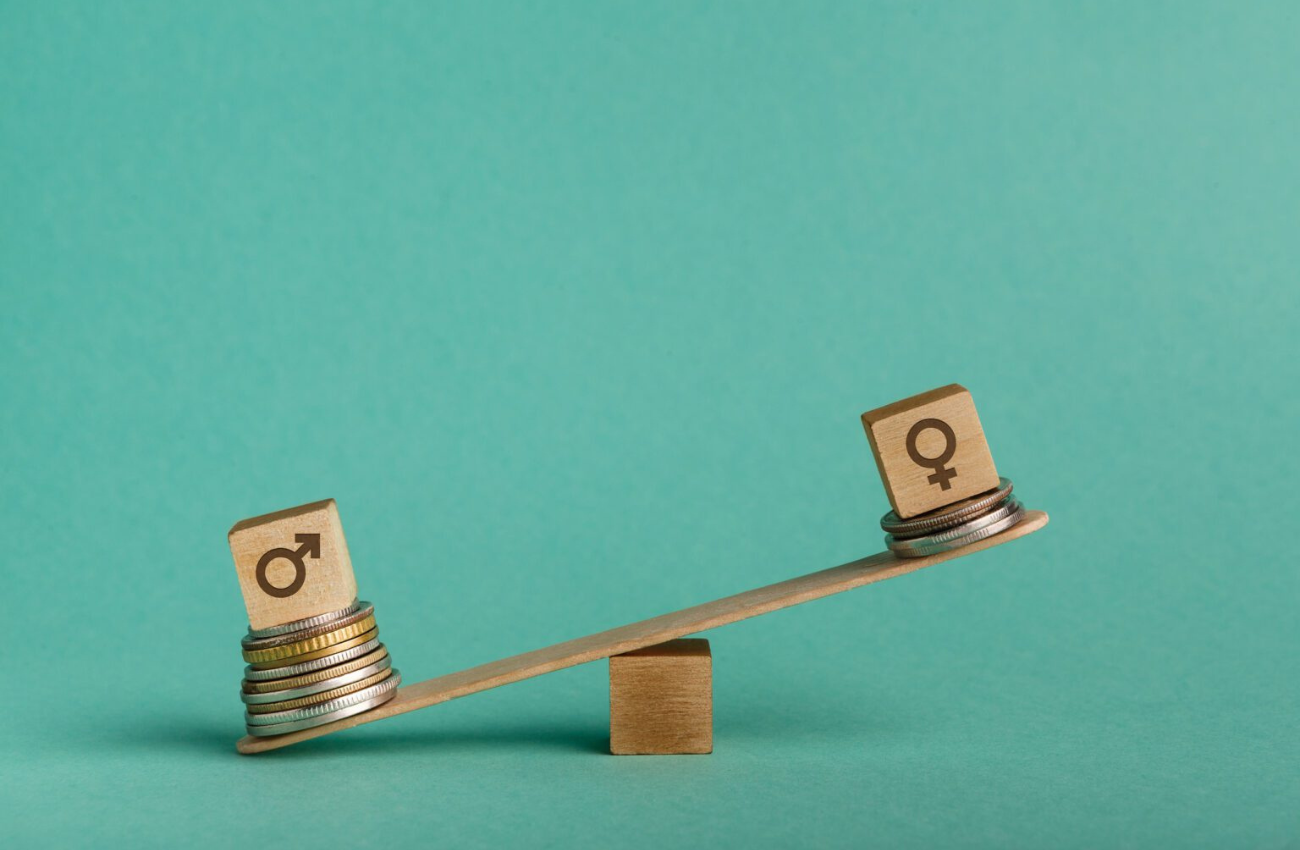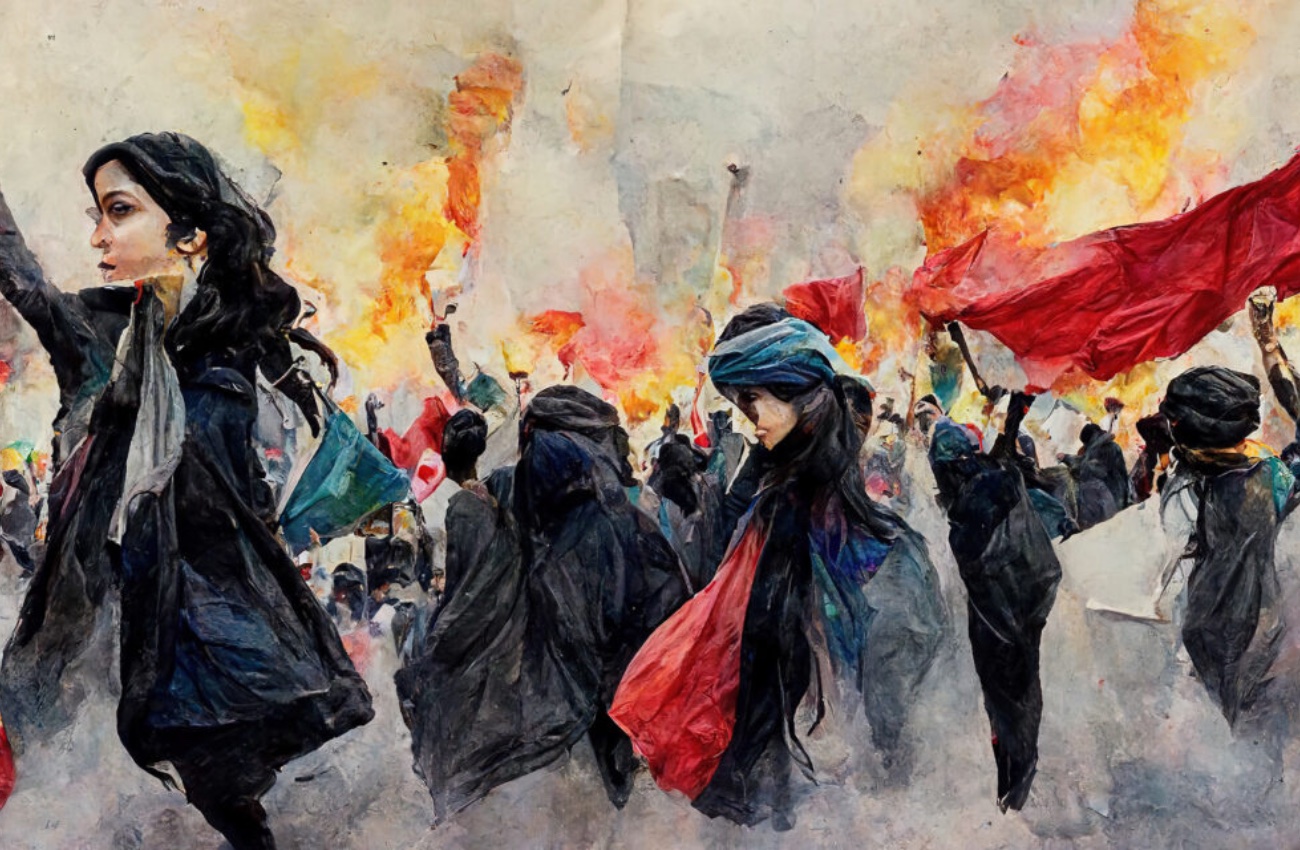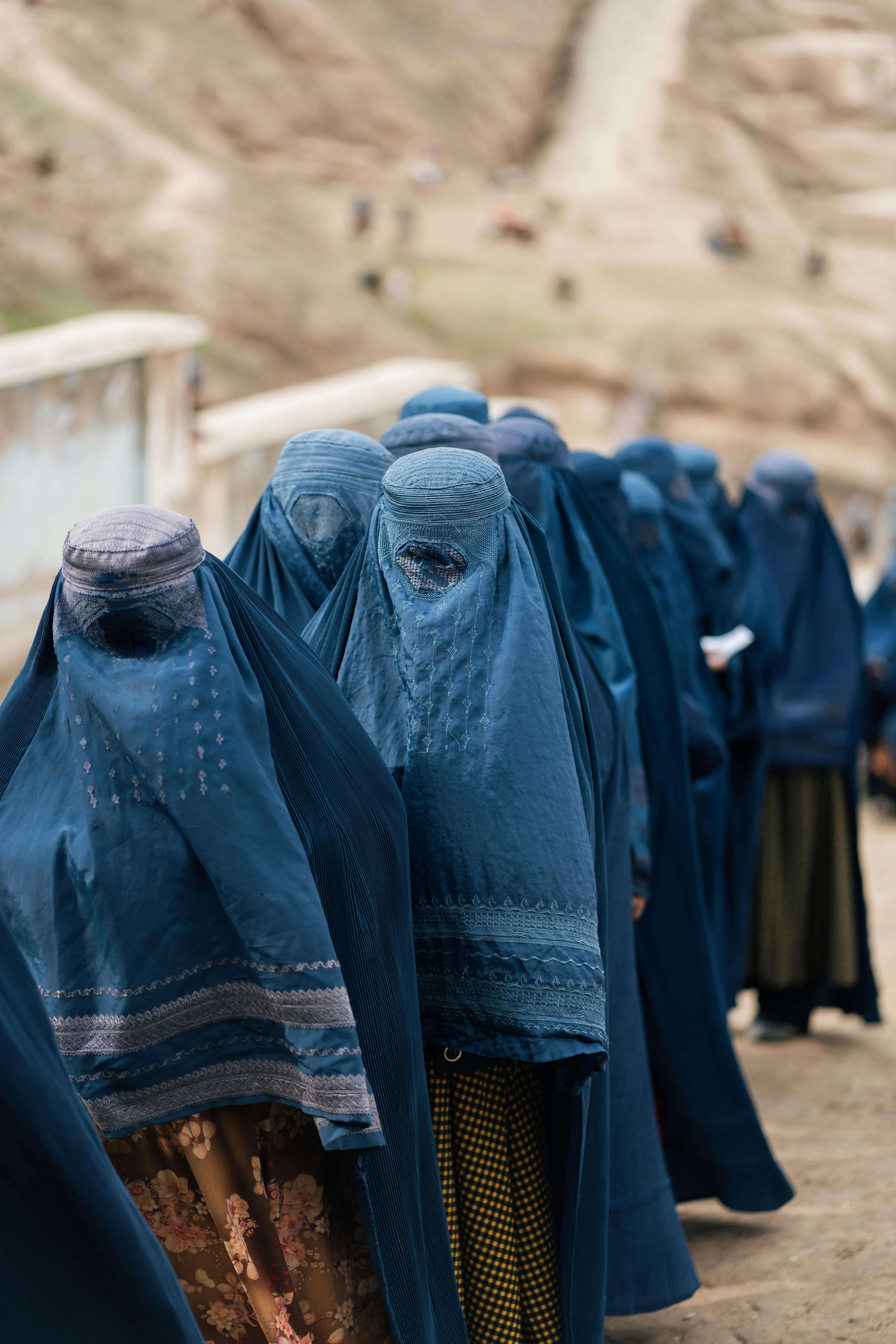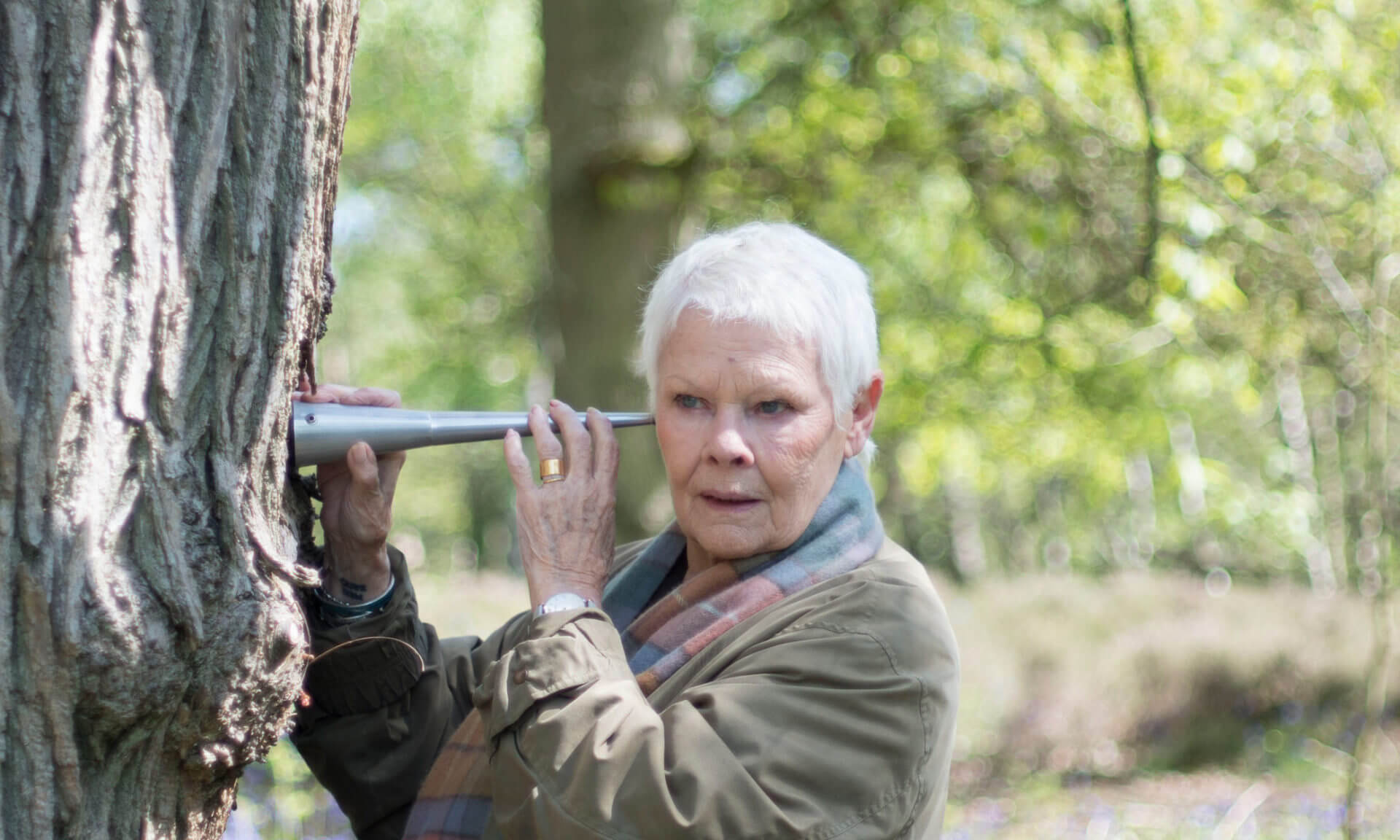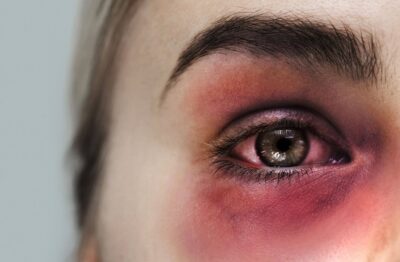Imagine a world in which governments commit to offering all their girls and women some kind of financial credit every year from birth through to the end of their lives. In this world, countries take a substantive step towards women’s equality income – transforming political, economic and social structures that systematically marginalise women and girls.
Perhaps it would take the form of a tax credit, through which recipients owe less to the government and which have already proven to be able to mitigate poverty. Maybe the payment could arrive as a grant or a cash transfer, which have been shown to improve a range of development outcomes.
These are just a few ways that nations could invest in women through such a programme – let’s call it a women’s equality income (WEI). In other words, it’s paying women to be women.
WEI is similar in ways to the better-known concept of universal basic income (UBI), which seeks to level out access to opportunity, stability and security by providing all individuals with unconditional monthly payments. WEI factors equality and justice into the mix as well, with the potential to address historical racial and gender-based inequities such as discrimination in job recruitment, education opportunities, loan qualifications, access to housing and healthcare, and a host of other disparities.
Acknowledging the unique violations women have suffered and continue to endure is a critical part of correcting for a context that currently favours men. It’s an acknowledgement that has the potential to prompt a grand reckoning, one that confronts the hypocrisy and long unaddressed impunity of – for starters – measuring the strength of democracy and development without integrating meaningful indicators of women’s empowerment and equal access to opportunity.
As countries explore the variations of ages at which the fund is accessible, who else could (or could not) access it, who could (or could not) inherit it, and the guidelines that determine how it can be spent, this kind of social reflection could lead to national renewal.

About Guest Blogger, Dr Seema Shah:
Dr Seema Shah is the Head of the Democracy Assessment Unit at the Stockholm -ased intergovernmental organisation, the International Institute for Democracy and Electoral Assistance (International IDEA).
Benefits for everyone
Consider how a WEI could help overall economic growth for everyone. Research shows that investments in women tend to have ripple effects, because women are more likely to channel their incomes back into their families and communities. The independence gained through access to a WEI could be empowering, helping women to pay down debt, start a business and generally increase purchasing power, thereby benefiting everyone.
It could also help mitigate the effects of the extant gender pay gap; in September, the International Labour Organisation (ILO) reported that women are paid about 20 per cent less than men. That gender pay gap is even more stark when considering how much of what women do not get remunerated at all. The ILO also reported that the economic contribution of unpaid care work globally, overwhelmingly done by women, totals $11 trillion.
A WEI could also help fight poverty. In all regions of the world, women face higher rates of poverty than men. This gap is due to longstanding problems like the disproportionate number of women who work in the informal economy, often without labour protections and benefits. Women also work longer workdays (for less pay). Since less than half of all countries have achieved gender parity in primary education, girls also lack access to education, which has knock-on effects for poverty. Studies show that more girls in school increases countries’ GDP. An economic stimulus for women would help mitigate this inequality, akin to how the “child tax credit” in the US lifted 3.7 million children out of poverty.
A local level study in India found that UBI did increase food sufficiency, school attendance and healthy weight. A study of the British charity, GiveDirectly which gives unconditional cash transfers to individuals struggling with poverty, found that every $1 given resulted in $2.40 in activity in the local economy. Perhaps WEI could have similar or better outcomes.
It’s about more than economics, though. Access to special funding could also help free women from violence. The WHO estimates that 30 per cent of women worldwide have been subjected to physical and/or sexual violence, and research from Sweden shows that women who suffer domestic abuse are also often victims of economic abuse. Without financial independence, they may be forced to return to abusive relationships. Independent access to money could thus be lifesaving for a significant portion of the population.
Making it everyone’s problem
Theoretically, the budgetary impacts of levelling the economic field for women could impact the power of long-established, wealthy interest groups. If certain business interests receive less state largesse because that money now goes toward a WEI, for instance, perhaps those corporations could be incentivized to support stronger and more effective action to address gender inequality. Critically, it could transform gender inequality from being a “women’s issue” to being everyone’s concern.
There are many who may consider a WEI “unfair,” either because women aren’t the only marginalised group or because there are competing causes in urgent need of money. Additionally, given the intersectional nature of women’s marginalisation, this benefit would also positively impact minority groups.
It’s important to reframe what are so often thought of as “women’s issues” as obstacles for everyone who wants a more equal world. A WEI has the potential to radically transform our political and social context by acknowledging and addressing historical wrongs. We will all feel its benefits in the short term, and the generations to come will reap the long-term rewards.
